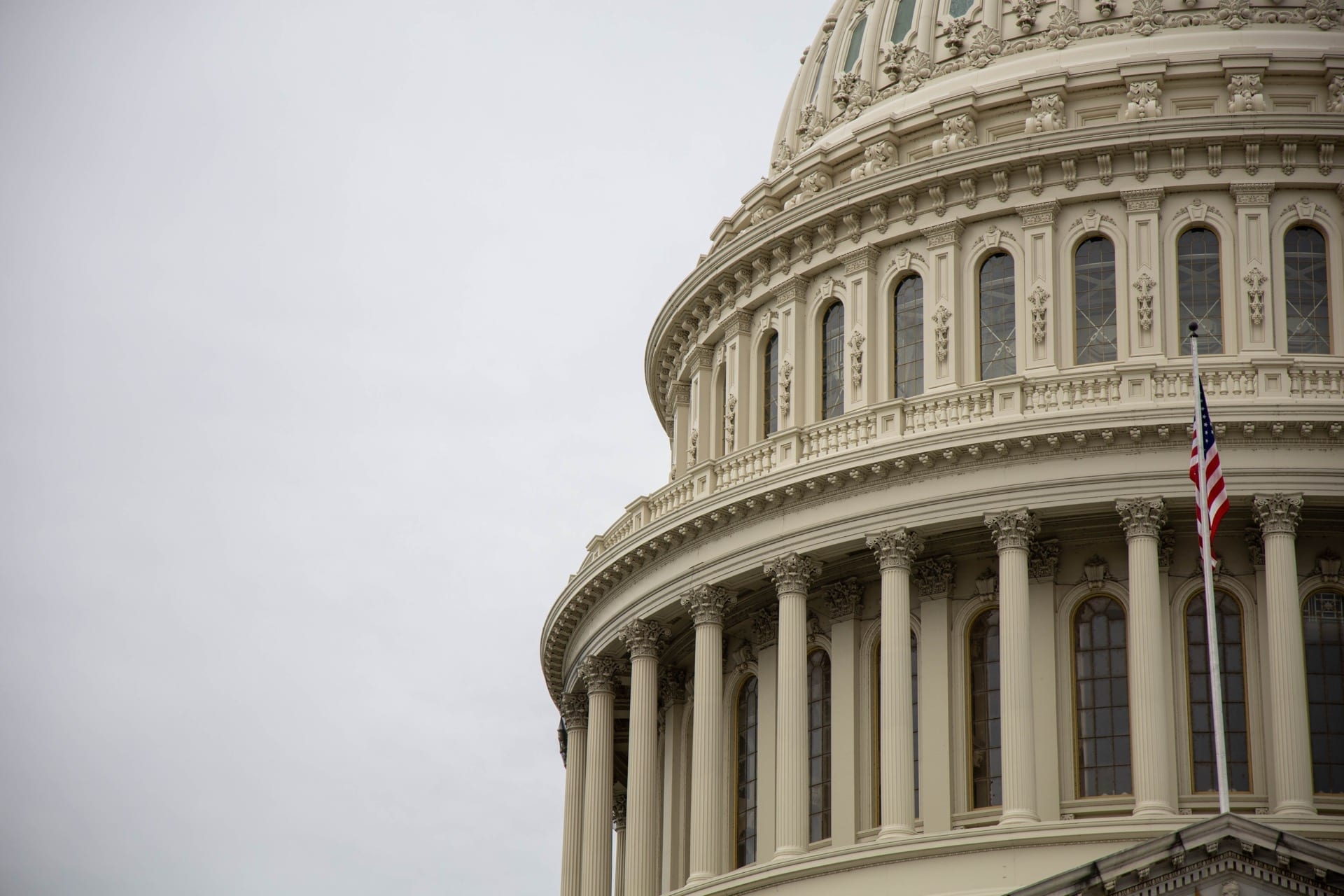The new progressive coalition shared an antipathy toward George W. Bush and his worldview, opposition to the Iraq War, and frustration with the lack of income and job growth – even before the economic crisis. They came to share a belief in Barack Obama. But then and now, they are extraordinarily diverse.
They are young people, Hispanics, unmarried women, and affluent suburbanites. They do not share a common demography, geography, or ideology. Indeed, our surveys show that only about 25 percent of this bloc identifies as liberal, with the rest split between moderate and conservative.[1] What they share and what motivates them in these politically and economically challenging times is not at all apparent to the outside observer, even as the more homogenous conservative coalition marches ever more determined to end progressive governance. In this new project by Democracy Corps, we conducted focus groups with the key parts of the progressive coalition in order to find what these Obama voters now share and what can motivate them in this new period.
We conducted eight focus groups among unmarried women, young people, Hispanics, and affluent suburban voters in Sacramento, Raleigh and in the Philadelphia and Chicago suburbs, all of whom had voted for Obama. [2] Looking back to the world of 2006 and 2008, these people saw a Democratic Party and a Democratic nominee who gave voice to their concerns, particularly their economic concerns. The Democrats were the ones who, at least relatively speaking, fought for them, and put the middle class first. Among youth, unmarried women and people of color, the Democrats represented a country moving to a more tolerant and inclusive place, culminating in the election of an African American as president. They had been inspired by Barack Obama, felt an emotional connection to him, and believed that he would fight for the middle class because, to them, he was middle class. They voted for change out of frustration with George Bush, the Iraq War, and a broken political system. They disliked the militaristic, evangelical, intolerant tone of the Republican Party and feared Republican leadership would bring the country back 100 years. Progressives would not trade their diversity for the conservatives’ ideological narrowness, but absent an understanding of what they share now, one cannot seize the new progressive common ground. And to be frank, these progressive voters are very frustrated with the lack of change and direction, with many doubting that they can have any impact on things. But despite these difficult conclusions, these citizens share something new and it provides an opportunity to re-engage them. They are ready to respond to leaders who understand what it means to be both struggling and middle class in America. And they need to hear that the same programs and protections they need and value – education, Social Security, housing – are not just politicians’ bargaining chips. These voters depend on progressives to battle for middle class prosperity and that is the opening.
Based on a survey conducted by Democracy Corps and the Center for American Progress, fielded from October 15-18, 2011 of 1000 likely voters.
This memo is based on findings from eight focus groups conducted by Greenberg Quinlan Rosner for Democracy Corps and the Voter Participation Center. All groups were screened for ideology and vote history. Participants included those who voted for Barack Obama in 2008. The groups were conducted in Bala Cynwyd, PA on August 9, 2011 among affluent suburban women (ages 40-60 with an annual household income over $75,000) and young men (under age 30), in Chicago, IL on August 10, 2011 among young women (under age 30) and affluent suburban men (ages 40-60 with an annual household income over $75,000), in Sacramento, CA on August 17, 2011 among Hispanic women and men, and in Raleigh, NC on October 5, 2011 among college and non-college educated unmarried women.



